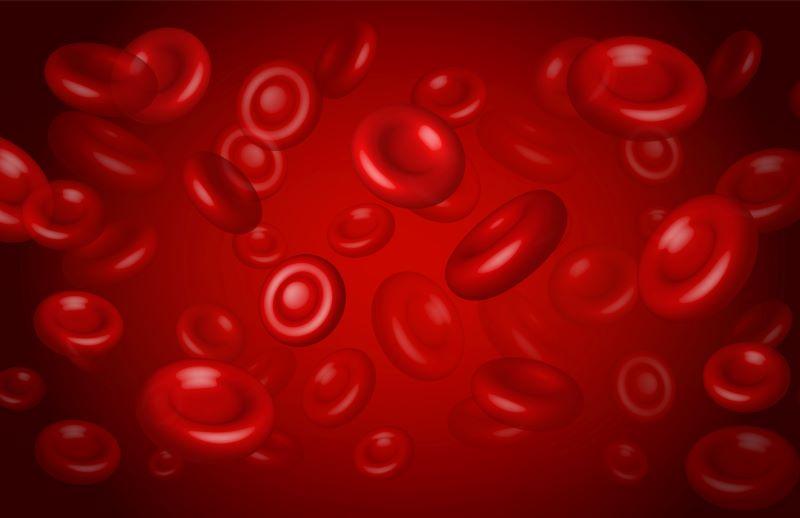Get Healthy!

- Cara Murez
- Posted August 9, 2023
Precursor to Blood Cancer Is 'Tricky to Diagnose,' Study Shows
New research shows hard-to-diagnose blood disorders called myelodysplastic syndromes/neoplasms (MDS) are often misdiagnosed and a second opinion may be needed.
The difficulty of diagnosis and frequent misdiagnosis puts patients at increased risk for treatment mistakes and other potentially harmful consequences, according to researchers at the University of Miami's Sylvester Comprehensive Cancer Center.
"We found that expert pathologists had major disagreements with local pathologists' diagnoses in about 20% of overall cases,"said corresponding author Dr. Mikkael Sekeres, chief of Sylvester's division of hematology.
"Some patients were told they had cancer when they didn't, or the opposite -- that they did not have cancer when, in fact, they did. More importantly, we showed that misdiagnosed patients received the wrong initial treatment almost 10% of the time,"Sekeres said in a cancer center news release.
MDS has widely varying prognoses and tends to evolve into acute myeloid leukemia (AML). There are about 20,000 new cases a year in the United States, though the number may be higher because of underreporting and misclassification.
Patients are typically over age 60. Survival varies from less than a year to about a decade.
To study this, researchers compared the results from more than 900 patients enrolled in an ongoing U.S. National Heart, Lung and Blood Institute MDS study in the United States and Israel.
The study was designed to build a data and biospecimen repository to advance knowledge about the condition. Participants were enrolled when they were suspected of having MDS or diagnosed with it and scheduled for a bone-marrow biopsy as part of their care.
The initial diagnosis is typically made by local pathologists using World Health Organization classifications for MDS. Their findings are then reviewed by central experts who either confirm or refute the diagnosis based on a review of bone marrow specimens, clinical data and lab results.
The central experts are specialists in cancers of the blood and bone marrow at academic medical centers. The local pathologists are a mix from community and academic medical centers.
For this study, the researchers compared local and centrally reviewed diagnoses in search of differences.
About one-third of cases were reclassified after the central pathologists' review, as were one-fifth of MDS diagnoses.
About 15% of disagreements between local and central pathologists resulted from site miscoding errors by research coordinators. This calls into question the accuracy of national cancer registries that include MDS patients, the researchers said.
The study found treatment rates were lower in cases with diagnostic disagreement compared to those in which local and central reviewers agreed.
Misdiagnosed cases led to 7% of patients receiving inappropriate therapy.
"Our findings highlight the vital importance of seeking expert opinions from National Cancer Institute-designated cancer centers, especially with rare blood and bone marrow cancers such as MDS,"Sekeres said.
Community-based oncologists and pathologists have more experience diagnosing common cancers, such as breast cancer, than rarer ones such as blood cancers, he noted.
"They may miss subtleties that would cause them to question the verity of rarer diagnoses,"Sekeres explained.
The study has major implications for national registries and the National Cancer Institute's Surveillance, Epidemiology and End Results (SEER) program. The program has been monitoring trends in cancer diagnosis and outcomes since the early 1970s.
"Our findings help to explain discrepancies in regional and national database reporting of MDS incidence rates, subtypes and outcomes,"he said. "Diagnostic disagreements, coding errors and evolving diagnostic guidelines call into question the accuracy of current population-based data."
Sekeres said blood cancers are tricky to diagnose and require second opinions from highly specialized clinicians coordinating with highly skilled pathologists to ensure patients are accurately diagnosed and get the right treatment in a timely manner.
The study was published Aug. 8 in Blood Advances, a journal of the American Society of Hematology.
More information
The U.S. National Cancer Institute has more on myelodysplastic syndromes/neoplasms.
SOURCE: Sylvester Comprehensive Cancer Center, news release, Aug. 8, 2023







